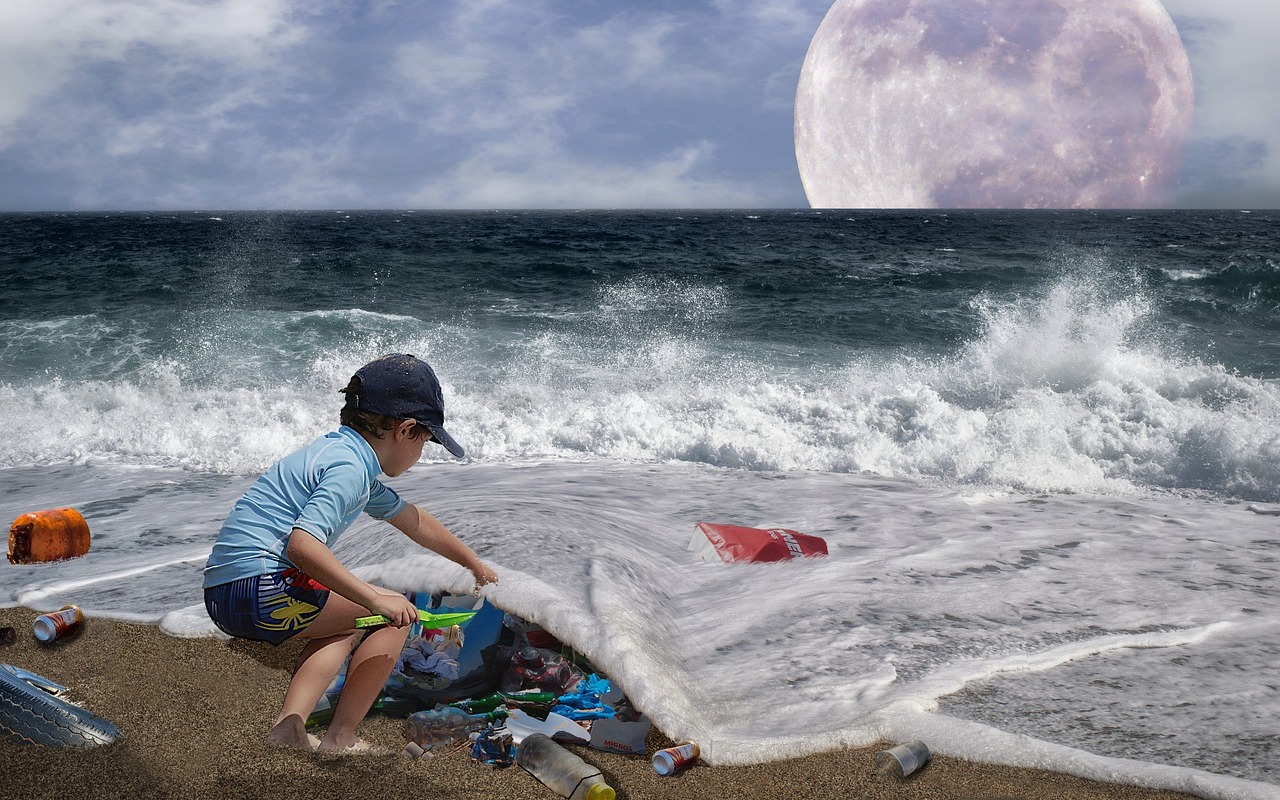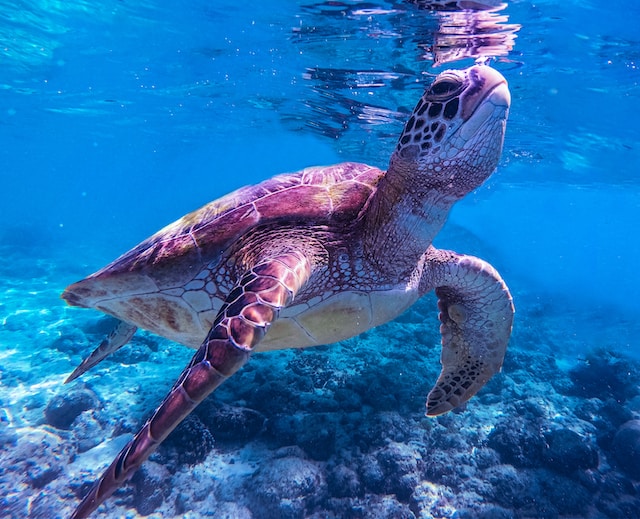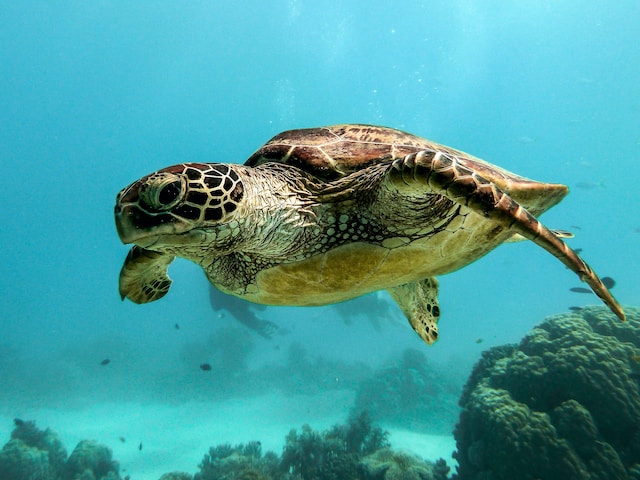At first glance, straws for drinks seem harmless enough: thin, no longer than 20 centimeters, they decorate cocktails, juices and other drinks. However, they are among the top ten plastic products littering the oceans and coasts.
The tubes are rarely recycled, and it takes more than 100 years for them to disintegrate in the water. And when they finally disintegrate, they release powerful greenhouse gases in the process. Each year, more than 13 million tons of plastic enter the oceans, affecting marine biodiversity and human health. It is for this reason that many countries, along with hundreds of businesses, are abandoning the use of single-use plastic products, including tubes.
According to recent estimates, tubes make up only 0.025% of total marine debris. Heavy fishing nets and special devices make up a quarter of the total. However, the number of tubes we use in our daily lives is so enormous that this percentage increases exponentially every day. In the United States alone, 500 million tubes are used every day
At the same time, for most of us, straws are such an unimportant item that it’s easy to stop using them. After a video depicting a turtle’s anguish while removing a plastic drinking straw from its nostril went viral-thousands of people around the world took notice of the problem and began making efforts to create a healthier and more sustainable planet by eliminating the use of plastic straws.
“Awareness of the threat posed by plastic straws has grown in recent years. It takes a minute to make this product, it takes less than 20 minutes to use, but it takes forever for it to disappear. Straws are much less necessary than we think,” says Sandra Alvarez, founder of the Panamanian nongovernmental organization Tortugías and promoter of “Without Straw, Please! (“Without straw, please!”), through which 150 restaurants in Panama have refused to serve more than half a million straws since August 2018.
So far, Antigua and Barbuda is the only country in Latin America and the Caribbean with a national ban on single-use plastic, including straws. Belize has approved a similar measure that will go into effect in 2019 and Costa Rica has said it intends to do away with single-use plastic in 2021.
The Chamber of Deputies in Mexico this year approved a legal reform to discourage the consumption of single-use plastic, including straws. The Peruvian Congress is also working on a similar law.
Some countries in the region have decided to take the first steps in the fight against plastic straws, drawing attention to the fact that we don’t need them and stressing the urgency of the consumerism issue. The governments of Chile, Mexico and Peru are using social media to reduce the use of these plastic products.
Chile, Peru and several Mexican states have joined the UN Clean Seas campaign, where more than 60 countries are helping to combat marine pollution.
Spot on, but effective
On June 19, 2018, Rio de Janeiro became the first city in Brazil to declare war on plastic straws. The new law includes fines of up to 6,000 reais ($1,600) and offers a hotline service for citizens who would like to report non-compliant establishments.
In Argentina, the movement is led by the city of Pinamar. “Five years ago we were pioneers in banning plastic bags, and now we are pioneers in banning plastic straws and cups. Other cities like Mar de Plata, Villa Gezel and Mar Chiquita have asked for advice,” says Alejandra Apolonio, city councilor for the tourist municipality of southern Buenos Aires.
“The only products that remain available are those that come with straws and with coffee served in self-service vending machines,” she adds.
The law, which goes into effect in December,but was proposed by surfer Gaston Caminata, who has held annual large-scale cleanups in Pinamar and other municipalities. Last year, he collected up to 500 straws in a radius of just 100 meters, Apolonio says.
Magdalena del Mar (Lima district, Peru), the Galapagos Islands in Ecuador and the Mexican states of Baja California Sur and Veracruz have also joined the straw war.
But the initiative isn’t just coming from the public. A number of nongovernmental organizations have launched awareness campaigns across the continent and major companies like McDonald’s and Starbucks have pledged to stop distributing plastic straws.




